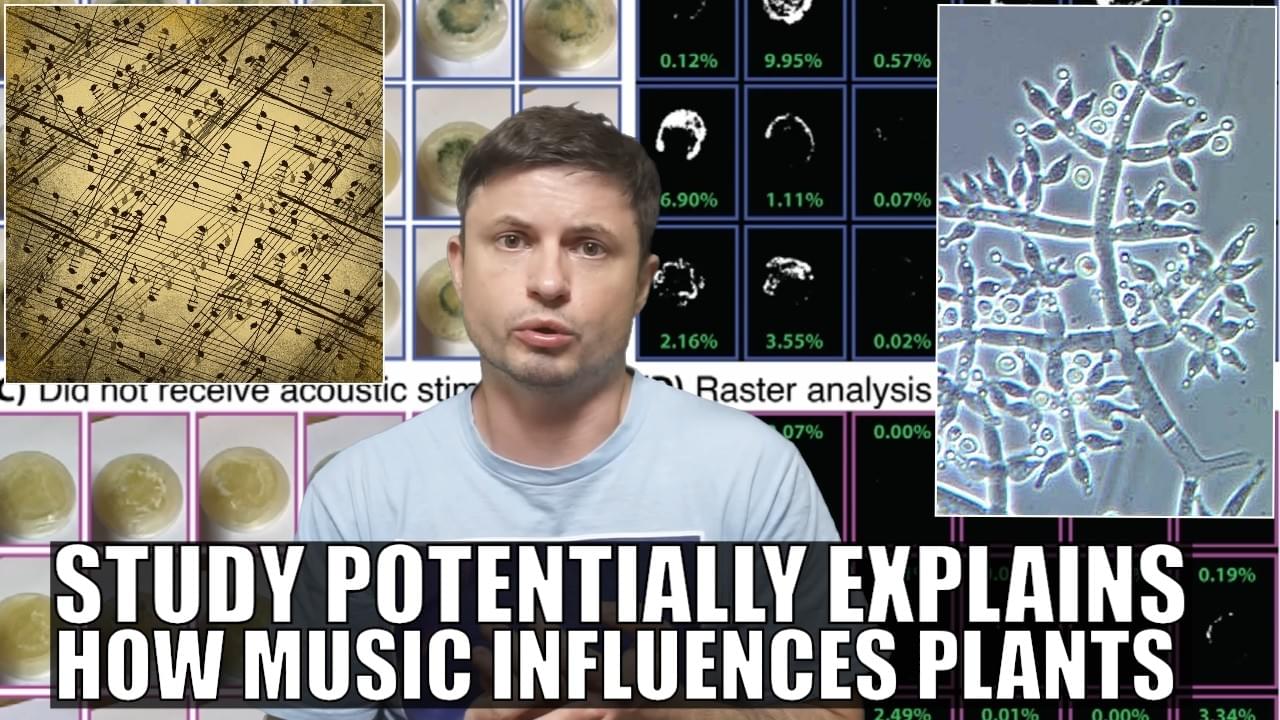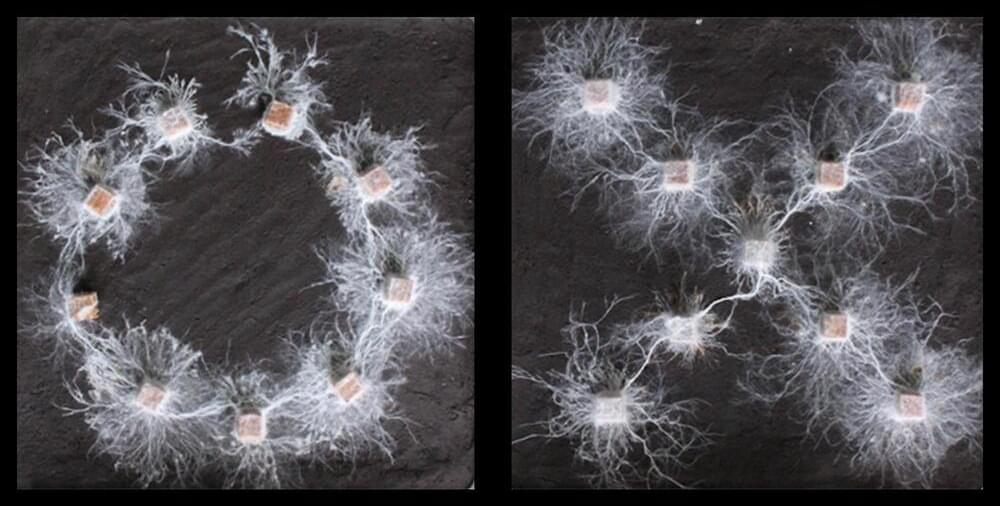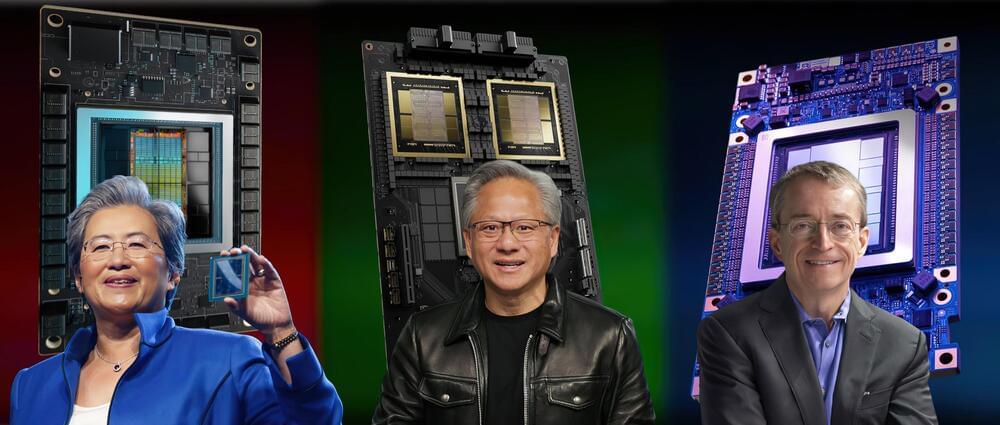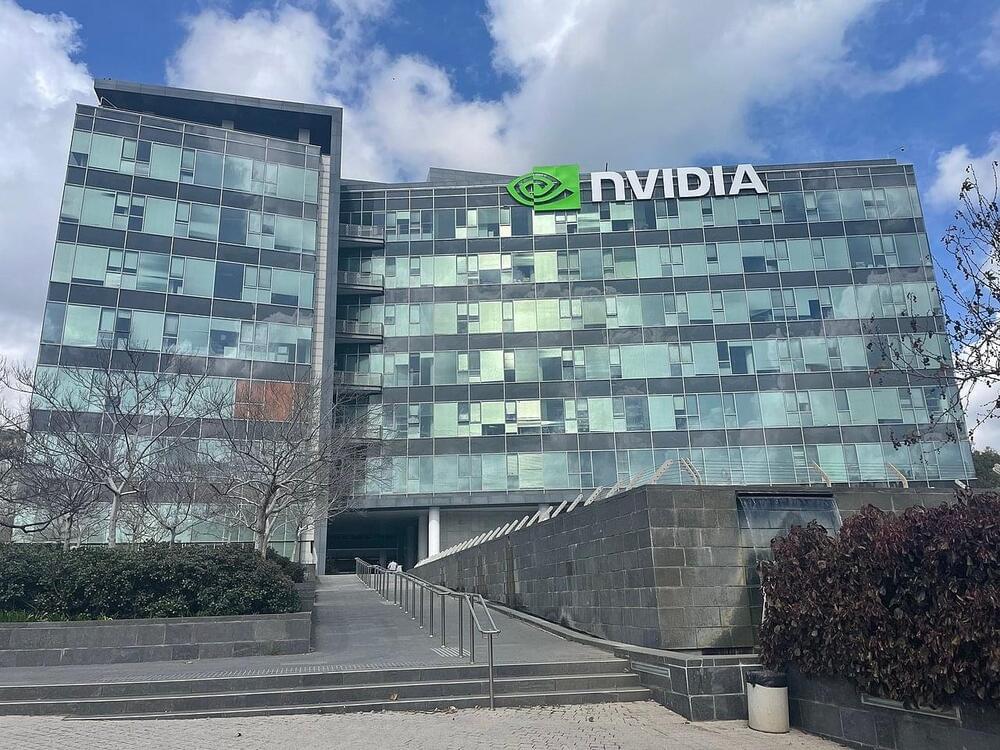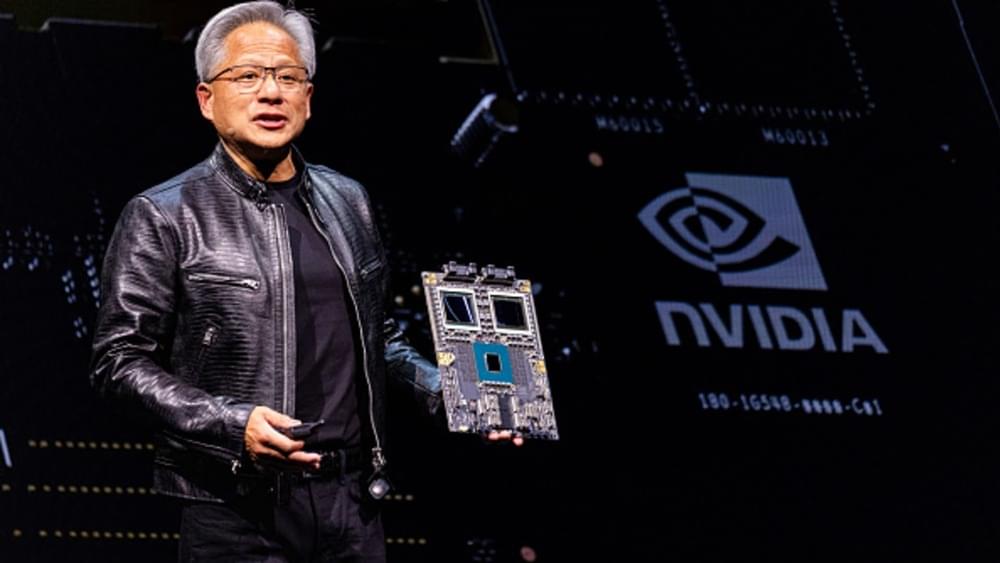The platform-agnostic algorithm ignores information related to noise in quantum computers to prevent compounding errors.
Taking aspirin regularly cuts the risk of developing pancreatic cancer by 40% in people with diabetes and by 20% in the general population, according to research.
The PLANETS cancer charity funded the study, which it said has made a “significant finding” for the treatment of what is “one of the worst” cancers because of its poor survival rate.
Researchers at University Hospital Southampton and the University of Southampton studied almost 10,000 people from the UK Biobank – a cohort of 500,000 people aged between 37 and 73 recruited between 2006 and 2010.
Get a Wonderful Person Tee: https://teespring.com/stores/whatdamathMore cool designs are on Amazon: https://amzn.to/3QFIrFXAlternatively, PayPal donations ca…
🗣️ Listen to what Franz said about it!
👀 So many signature Tesla design cues when you take a closer look.
🫶 This is favourite product of WE ROBOT.
🚌 Terrestrial transportation has changed forever.
TSMC’s 3nm process is set to receive massive adoption in the AI sector, as Intel, NVIDIA, & AMD plan on utilizing the technology in their next-gen accelerators.
TSMC’s 3nm Process Is demanding in The Tech Markets As It Manages To Capture Most Of The Market Share: NVIDIA Rubin, AMD MI355X & Intel’s Falcon Shores For Next-Gen AI Markets
The Taiwan giant’s next node is said to be highly demanding in the markets, mainly because mainstream tech companies have revolved their upcoming product portfolios around the process. Notable examples include Apple for its upcoming A19 Pro chip, MediaTek’s Dimensity 9,400, and even Google’s Tensor G5. And now, it looks like we have clarity on the adoption of TSMC’s 3nm by the AI tech giants, such as NVIDIA and AMD out there, with a new report by Ctee now showing us where the process is expected to be integrated when it comes to AI portfolios.
Artificial intelligence has the potential to significantly boost margins across various industries in the coming years, most notably software, semiconductors, and energy.
Still, damaging waters need not be a the result of a named storm or involve storm surge to destroy property, or spur flood warnings miles from the ocean. Florida’s flat, low-lying landscape, its limestone geology and its development patterns combine to present an ongoing and sometimes unpredictable threat from the wet stuff that experts fear will become more apparent with increasing temperatures and moisture.
“Virtually the entire state of Florida is a coastal plain,” said Tom Missimer, a hydrogeology professor emeritus at Florida Gulf Coast University’s College of Engineering in Fort Myers, who has been studying water movement for more than half a century. “When we get a large rainfall event, there’s not a lot of storage in the ground to absorb the new water coming in.”
Nvidia has announced its new generative AI systems that already rival ChatGPT…just not in the way you expect.
Nvidia shares closed at an all-time high on Monday as the chipmaker continues to ride a massive wave of demand for its artificial intelligence chips.


